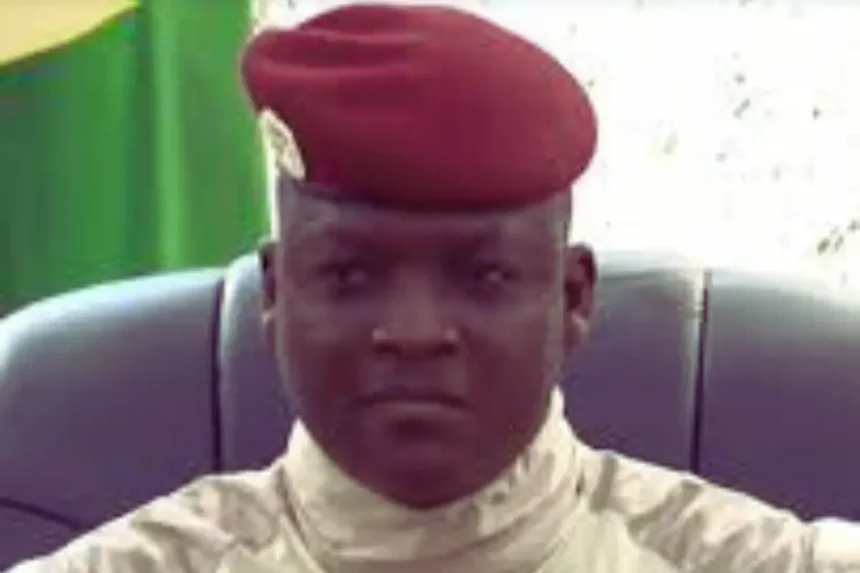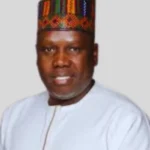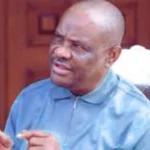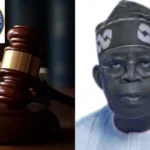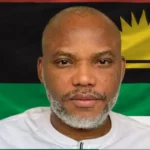In recent months, a new name has captured the imagination of many across West Africa — especially in Nigeria. Captain Ibrahim Traoré, the military leader of Burkina Faso, is quickly becoming a symbolic figure of resistance, self-determination, and pan-African solidarity. His rapid rise to regional admiration has been fuelled not only by his bold political moves but also by the wave of social media content portraying him as the voice of a new African awakening.
Having seized power in a 2022 coup amid deepening anti-French sentiment in the Sahel region, Traoré’s leadership has drawn both criticism and admiration. His country, along with Mali and Niger — all former French colonies — has since distanced itself from France and strengthened ties with Russia. These three nations recently formalized their cooperation through the Alliance of Sahel States, whose foreign ministers held their first joint talks in Moscow.
While critics accuse Traoré’s administration of repressing freedom of expression, many West Africans, especially Nigerians, are celebrating him online as a revolutionary figure standing up to Western powers. This admiration is driven in large part by a flood of viral videos, memes, and social media posts, many of which idealize Traoré as a fearless and principled leader.
You Also Want to Read: ECOWAS Faces Potential Challenges as Mali, Burkina Faso, and Niger Plan Exit.
One Nigerian, Kehinde Sanni, a panel beater in Lagos, expressed what many others are saying:
“Nigeria needs someone like Ibrahim Traoré of Burkina Faso. He’s doing well for his country.”
For people like Sanni — who have never left Nigeria — social media has become a powerful window into Traoré’s political image. Though much of the content is either misleading or unverifiable, it continues to fuel enthusiasm among a population weary of political instability and foreign interference.
Even prominent Nigerians are weighing in. Actress and politician Hilda Dokubo, in a post on X (formerly Twitter), wrote:
“Ibrahim Traoré is all the proof Nigerians need to know that a country takes the shape of its leadership.”
However, not everyone is convinced by the growing wave of admiration. Security analyst Malik Samuel of the pan-African think tank Good Governance Africa warned:
“This growing admiration for Traoré in Nigeria poses serious risks to national security and democratic stability. It normalises military intervention as a viable political solution and opens the door to foreign ideological interference.”
Investigative journalist David Hundeyin, in a sharp rebuke of the original report published by AFP and republished by Channels TV, questioned the credibility of the sources.
He tweeted:
“This story is reproduced from AFP, a French news agency which by its own disclosure receives ⅓ of its funding from the French government. The story quoted Philip f***ing Obaji as a primary source — a lifelong NGO hustler… This is what Nigerian media in its typically brainless… manner has platformed as ‘news’ — a tissue of primary school-level lies written by French state foreign intelligence.”
Far from being silenced, pro-Traoré sentiment continues to grow — especially among young Africans calling for an end to imperialism and for stronger continental unity.
You Also Want to Read: ECOWAS to Permit Free Trade with Mali, Niger, Burkina Faso but Upholds Stance Against Undemocratic Regimes.
On X, another user wrote:
“Things like this have literally not happened on our continent since the 1960s… Anglophones and Francophones embracing each other without suspicion. Something very big and very important is happening in Africa.”
In one video, Ghanaians and Burkinabès were seen embracing on the streets before marching to U.S. and French embassies with the message: “Leave Africa and President Traoré alone.”
Even in London, demonstrators rallied outside the U.S. embassy in support of Traoré, holding placards and chanting slogans like:
- “Talk to us about peace after imperialism is buried.”
- “Africa doesn’t need aid — it needs ammunition for freedom.”
- “If Sankara was the spark, Traoré is the wildfire.”
- “Colonialism never left — but Traoré came for it.”
From the digital space to real-world protests, the growing support for Ibrahim Traoré signals a deeper hunger for African-led governance, freedom from foreign control, and a new vision for the continent’s future. Whether this movement will lead to genuine transformation or trigger unintended consequences remains to be seen — but one thing is clear: Traoré has become more than a president. He’s a symbol of a rising tide.

